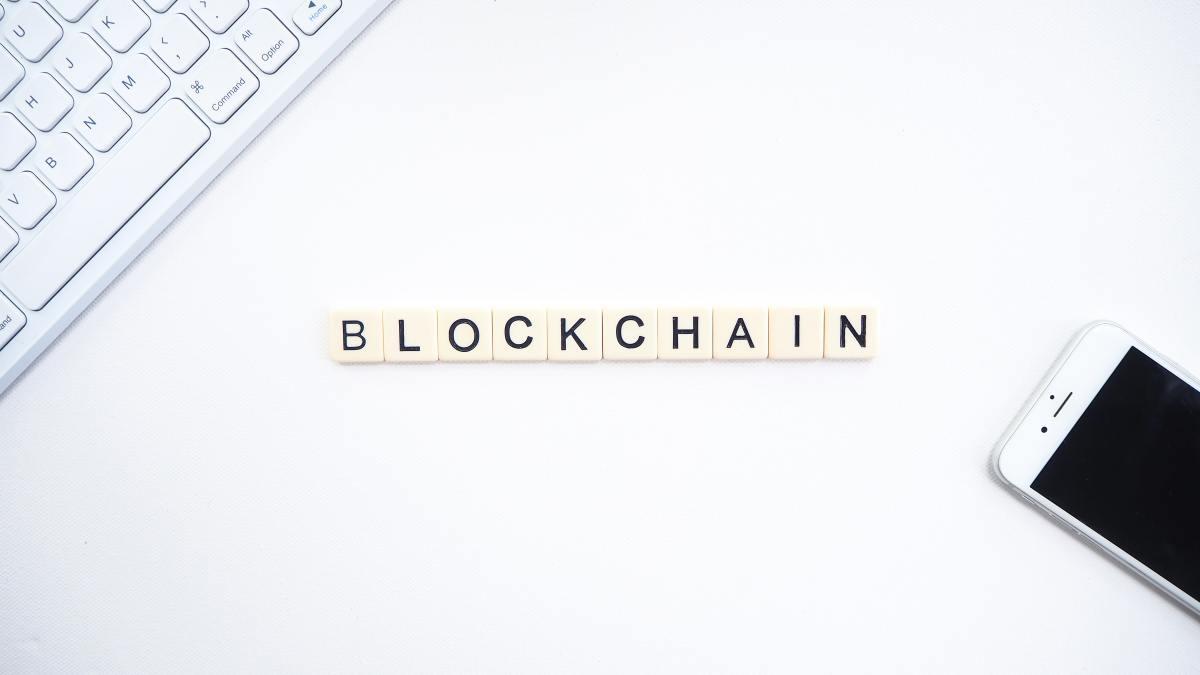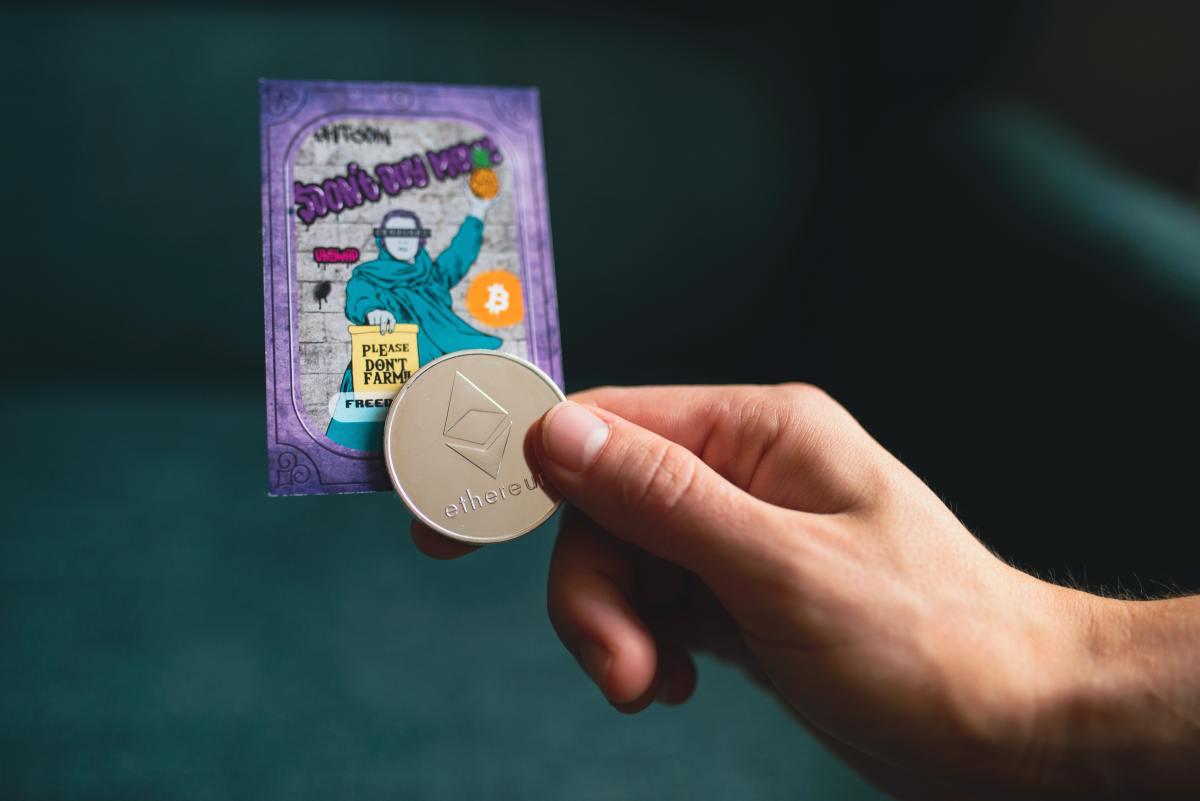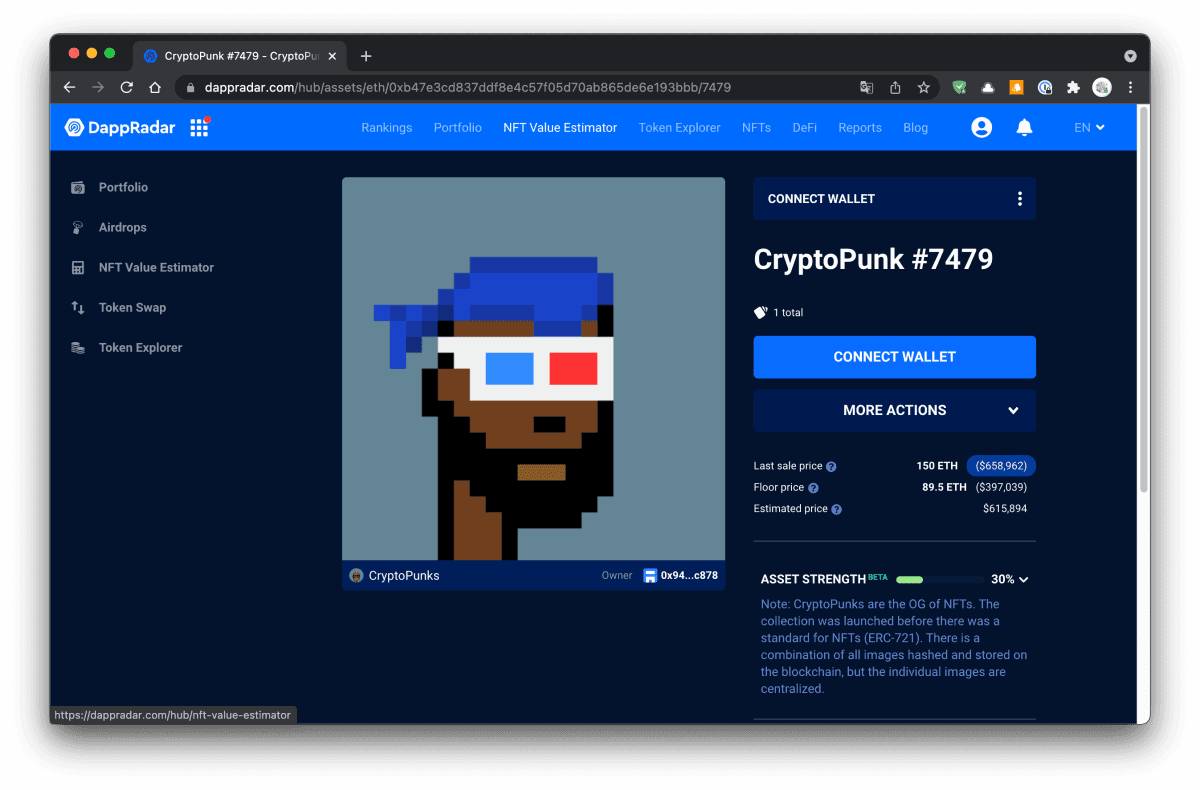Preface#
The ideal condition of the near future is the Metaverse and Cryptocurrency, which most people believe is a hoax, although most people just know the phrase BTC (Bitcoin), not the technology behind it or the technical branches that have been developed in recent years. The technology that underpins it, as well as technology that has advanced in recent years, will, in my opinion, invade everyone's life. The ideal result would be similar to the first-tier player film, but with a few missing parts that we'll discuss later.
Important technologies that will influence the development of the near future#
Web 3.0#
We must mention the concept of Web 3.0 near the future development, but first let us look at the three periods of the Web.
- Web 1.0: Network to People
- Web 2.0: People to People
- Web 3.0 People is Network
In fact, it's still a little difficult to grasp, so here's an example:
Web 1.0 is an ATM that is located throughout the city and can be accessed by anyone at any time; it also means that previously, people could only access the Internet through fixed desktop machines.
Web 2.0 is Internet banking, in which we can transfer money, withdraw without cards, swipe cards, make online purchases, and so on at any time using our cell phones; the popularity of mobile devices and wireless communication technology allows people to access the Internet at any time and from any location.
3.0 Web We are our own bank, reducing the gap between people and technology; we are self-sufficient, not reliant on large corporations; blockchain technology, Wallet address.
Now that we know that Web 3.0 is the integration of itself into the network, Web 2.0 is very close, and for some people, the cell phone is more important than the wallet. Cell phones have replaced wallets, tickets, social networks, records, and credit in China. You can go out without money, but not without your cell phone.
Blockchain#

After all, Web 3.0 is just a concept; what really comes to life is blockchain. Blockchain technology is now widely used throughout the world (including, but not limited to, mining), and each coin represents the technology that underpins it. VET, for example, has accelerated the processing speed of logistics using blockchain technology and now has a promising partnership with logistics companies in mainland China.
Why is blockchain an important technology that will affect human life in the future?#
We previously stated that the Metaverse is the foreseeable future, but how does it relate to Blockchain?
Decentralization#
The Metaverse is a virtual world that is home to billions of people worldwide, and it is unlikely that it will be dominated by a single enterprise or service. Many things in life, historically, are gradually moving from the professional field to the masses. Professional movie cameras were once required to produce photos and videos that were as sharp as a knife in-focus and as creamy out-of-focus, but nowadays, the latest iPhones have algorithms that calculate the depth of field that does not exist in the focal range in real time, which is a kind of technological sink.
What will happen if the technology does not sink?#
The rigid top-down structure of a product for consumers whose needs cannot be met creates a perpetual and unresolved conflict between the user's individual needs. If the world only had fixed-route trains and no mobile motorcycles, and people could only ride horses for short distances, most people would probably not believe they needed cars for the rest of their lives, but horses could not perform regionalized functions as efficiently as cars. At this time, there will be an economic downturn, people cannot see the future direction, all kinds of bubbles, from the origin of user demand overflow, but the product structure is unable to meet such changes based on the old logic.
The impact of decentralization on the general population#
Although most people's lives do not change much as a result of decentralization, we zoom in to see, in Chinese history, why the Qing dynasty will eventually fall, because knowledge at the time is limited to: "cannot do anything but study and farming." That is why capitalism crushed them. If people are restricted to the Internet's consumer perspective and are unable to transform into producers, the environment will be very bad, and there will be a lack of innovation, which will prevent the occurrence of singularities.
The Impact of Decentralization on Privacy#
Nowadays, large corporations such as Bytedance (Jitterbug, TikTok), Meta (Facebook, Instagram, Messenger, WhatsApp), Tencent (QQ, WeChat, Shopee), and Google hold the majority of our personal information (YouTube, Google Search Engine, Google WorkSpace). Although the law states that the user profile cannot be accurate to the individual, these things are technically possible, so each of us is running naked on the Internet with no privacy.
Is there no way out of this?
I'm sure there are, but in today's environment, it's still a little difficult for individuals to set up services on their own, even though the steps have been greatly simplified compared to several years ago, and in my case, after losing data frequently, it's now difficult to lose data.
The self-built Seafile will synchronize the specified folders, while macOS Time Machine will backup the entire disk in hours. The terminal device has been reduced to the role of a carrier, and data no longer relies on local storage. Important data can be recovered in the event of an accident, and sensitive data can be further protected by End to End encryption technology for data stored on your own server.
But, to be honest, not many people can transition from consumers to producers today because the barriers remain, though the problem is gradually fading. With the growing popularity of home NAS and the increasing use of IPv6, we will be able to keep our data in our own hands in the future.
To return to the topic, it is necessary to return to Blockchain technology to understand how decentralization can solve the problem of privacy.
The current stage of personal identification#
At the moment, how do we prove that we are the owner of this account, how do we distinguish the ownership of each person, in fact, it is very simple, is the password, because with the password, we can prove who the owner of this account is, but this means that we must remember different passwords for different service providers, different sites, in order to ensure the ownership of the account.
In terms of passwords, there aren't many issues, but rather the problem of people, as well as the encryption of individual websites. Let's start with the problem of people.
Password Repeatability#
The majority of people use the same password across multiple websites. A data leak on one of the websites would be a catastrophic disaster because a single password could unlock all of the accounts.
Password structure is too simple#
According to research, the majority of people's passwords are essentially:
- Abbreviation of a Name
- birthday
- phone number
- short phrases
These combinations, for experienced Crackers, will be able to unlock in as little as a few seconds or as long as a few hours, because there are too many cipherbooks on the market, through the way to hit the library, can be unlocked instantly, not to mention the real Hacker, most of them understand social engineering very well, and it is very easy to crack the account password through some social work methods.
Lack of use of 2FA or 2FA is too unsafe#
What is 2FA? When you log in to a service, you must enter a cell phone verification code, an email, or a FIDO device such as Yubikey for 2FA authentication.
However, most people do not use 2FA, and even those who do, most use Email authentication or SMS authentication codes. There is no significant increase in security over a simple password.
The security of websites varies#
Not every website can perform very good encryption measures, and even some websites, in the transmission of passwords, or the use of plaintext transmission method, which makes the password security virtually null and void, you can retrieve the user's password, which for us is very insecure.
Near-Future Personal Identification#
Because of the rise of blockchain technology, passwords will be phased out and replaced by wallet addresses, which are asymmetrically encrypted public and private keys that uniquely identify each person, allowing us to access all network nodes with a single private key.
What is asymmetric encryption?#
Let us first discuss symmetric encryption before moving on to asymmetric encryption.
In simple terms, symmetric encryption is analogous to the United States and the Soviet Union in World War II. When transmitting front-line war messages by telegram, there is a chance that they will be intercepted by the other side, so they encrypt the contents of the telegram using a cipher. As the name implies, asymmetric encryption is an asymmetric encryption method that is very mature in the industry and is mostly SHA256 Hash encryption. Asymmetric encryption will consist of two keys:
- Private key
- Be in charge of decryption, keep it for yourself, and don't share it.
- One-of-a-kind and exclusive.
- Public key
- In charge of encryption, which is open to the public.
- Can be created indefinitely.
When someone sends me a message, it is encrypted using the public key and decrypted using the private key. When I send a message, both parties exchange the public key with each other and keep the private key in their own hands to ensure encryption security.
Wallet address#
As the basis for the network connection, the wallet address uses the public key generated by the private key.
In theory, no one can know who it is unless the information is leaked.
So, from a technical standpoint, we know that the world of blockchain is a highly anonymous environment. Of course, there are advantages and disadvantages, but I believe the advantages outweigh the disadvantages.
How do we define assets in a virtualized world, and why do items have value to us?#

Real-world approaches to defining assets#
Assume I have two red iPhone 13s with 128GB capacities that appear identical from the outside.
Then how do we define ownership of these two cell phones? It is actually quite simple; we can define ownership of this phone using Apple ID.
When I register one of these iPhones with my Apple ID, I can claim it as mine, and it has value to me.
If we can't prove that an object belongs to us, it's worthless to us.
The manner in which assets are defined in the metaverse#
NFT#
The Non-fungible Token (NFT) is the hottest identification technology right now, so why has NFT become the hottest technology today, and even become so popular that it has emerged from coin and financial circles? NFT's total sales increased 380 times in one year to US$10.7 billion.

NFT's most expensive work right now | CryptoPunk #7479 | Final price 150 ETH (approx. 650,379 USD)
Advantages#
- Uniqueness
- Public
Disadvantages#
- Only "digital ownership" is commonly used.
- Some NFTs state that the owner may not restrict the work's circulation or use by others.
Need time to perfect the lack of#
- Too new, and thus not yet legally binding
- Although blockchain can ensure that each NFT is unique, NFT manufacturers may bundle the same or only slightly different works with different NFTs and then sell them multiple times.